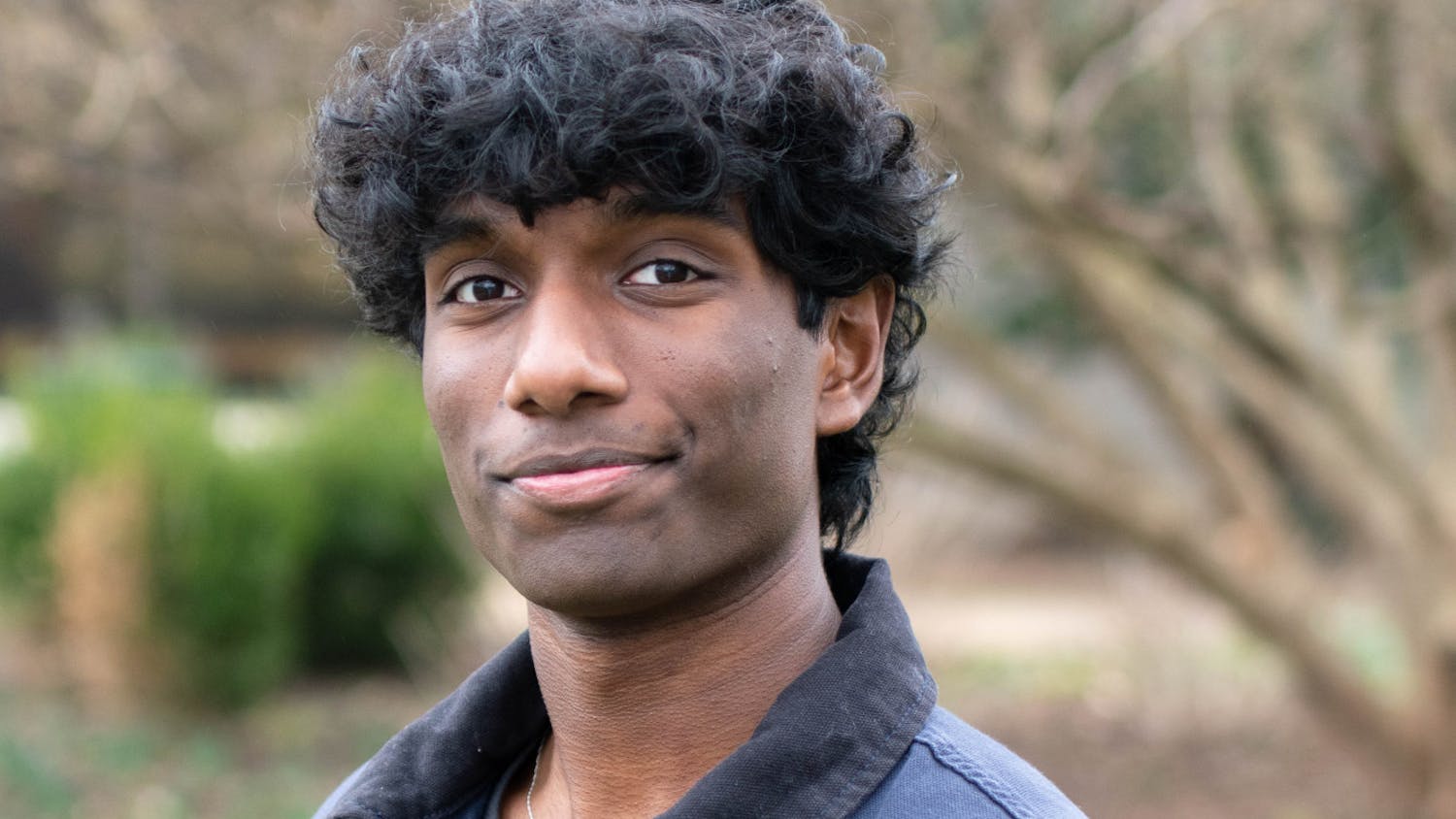Celebrated on the 21st day of March, Novruz (New Day) is the favorite holiday in Azerbaijan and remains a strong tradition in Central Asia, Turkey and other regions. Novruz is a celebration of New Year. It has been celebrated by all the major cultures of ancient Mesopotamia. Sumerians (3000 B.C.), Babylonians (2000 B.C.) and the ancient kingdom of Elam in southern Persia (2000 B.C.) all have been celebrating Novruz in one form or another. The version of Novruzÿwe know today has been celebrated for at least 3,000 years and is deeply rooted in the traditions of the Zoroastrian belief system.
At its core, the Novruz holiday celebrates the awakening of natural life. This awakening symbolizes the triumph of good against the evil forces of darkness, represented by winter. Novruz is the point when the oppressive presence of the cold winter finally begins to recede with the commencement of the lively and hopeful spring.
As implied by its timing and natural significance, Novruz is a time of renewal and symbolizes rebirth, awakening, cleanliness and newness. Trees are pruned and fields are cleared. A tradition is the annual Novruz cleaning. Families wash their rugs and draperies, clean and wax their furniture and often repaint their homes' interiors. An almost iconic tradition associated with Novruz is when every person buys at least one set of new clothes, and families visit elders and friends in their new clothes. Several things are used to symbolize the occasion - in Azerbaijan, sprouted wheat is a favorite.
The celebrations begin four weeks before the actual day of Novruz. These four weeks - or, exactly four Wednesdays - are each devoted to one of the four elements and are labled as such. On the last Wednesday before Novruz, people light bonfires and jump over them. Tradition holds that the living are visited by the spirits of their ancestors on the last days of the year. Children symbolically re-enact the visits. They jump over bonfires and run through the streets, banging on pots and pans with spoons and knocking on doors to ask for treats.
Thanks to the Azerbaijani Embassy and Azerbaijani Trade and Cultural Center, Azerbaijani Club was able to celebrate Novruz. On March 23, a Novruz concert was held at the French House in Georgetown. Four executive members of Azerbaijani Club - myself, Lena Orazova, Rashad Khalilov and Ana Negouscu - attended the concert. First, there was a reception, where we met a lot of people, and tasted traditional meals and drinks from Azerbaijan. All of us enjoyed the friendly environment. Also, we could hardly wait to watch several distinguished Azerbaijani singers and dancers who were invited to the concert. We were very impressed by the first performance - unique Azerbaijani dances were amazing. Then we listened to Azerbaijani folk music. The concert lasted two hours, and all the guests were happy.
In conclusion, I want to say that although Azerbaijan is a small country by size, it has a very unique culture, which it has kept for many centuries. That's why we founded Azerbaijani Club. Our goal is to help American University students learn more about Azerbaijani culture and heritage. Our club is open to everybody. Every AU student is welcome to join us and attend our events.
Emin Teymurov is a master's student in the Kogod School of Business.



